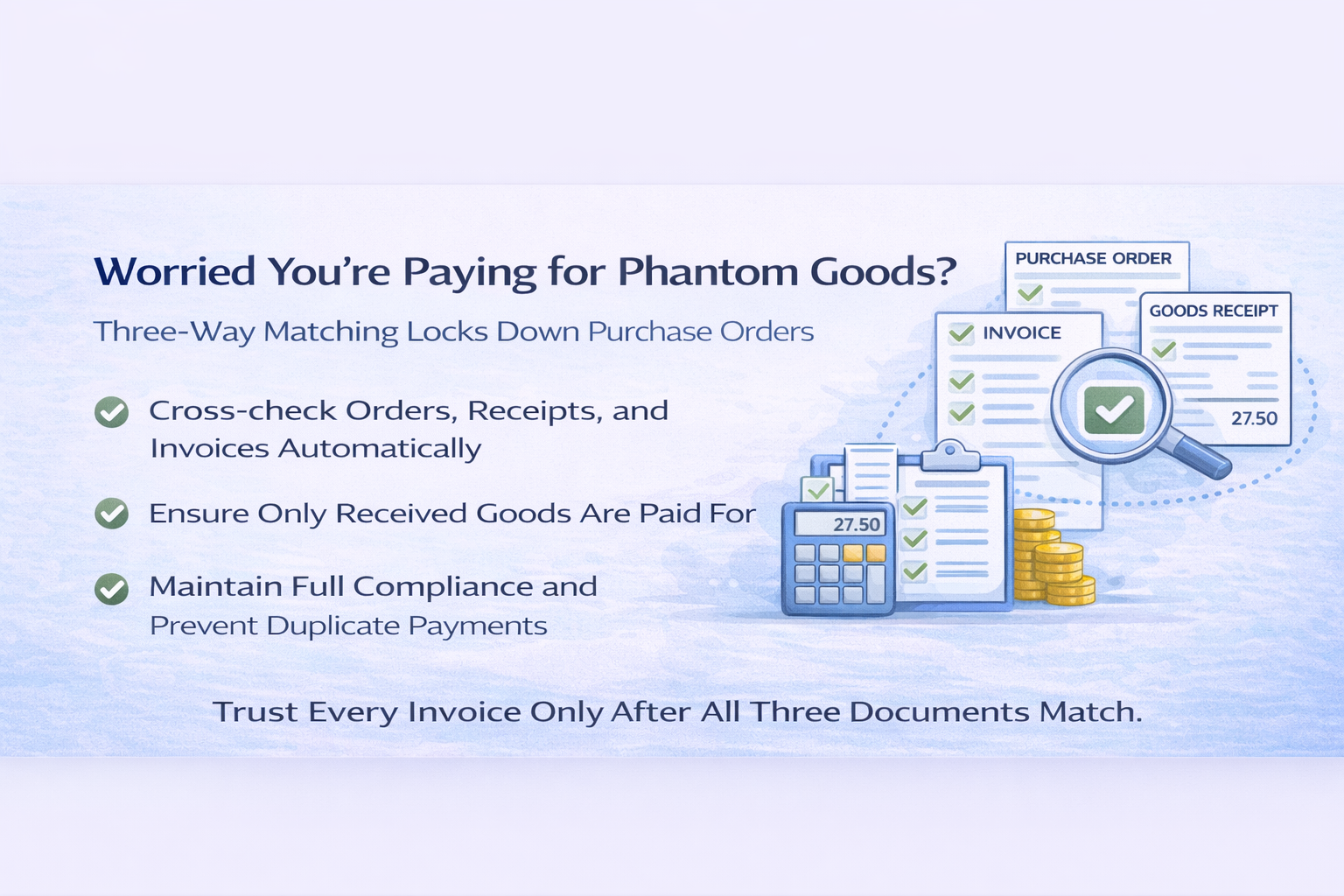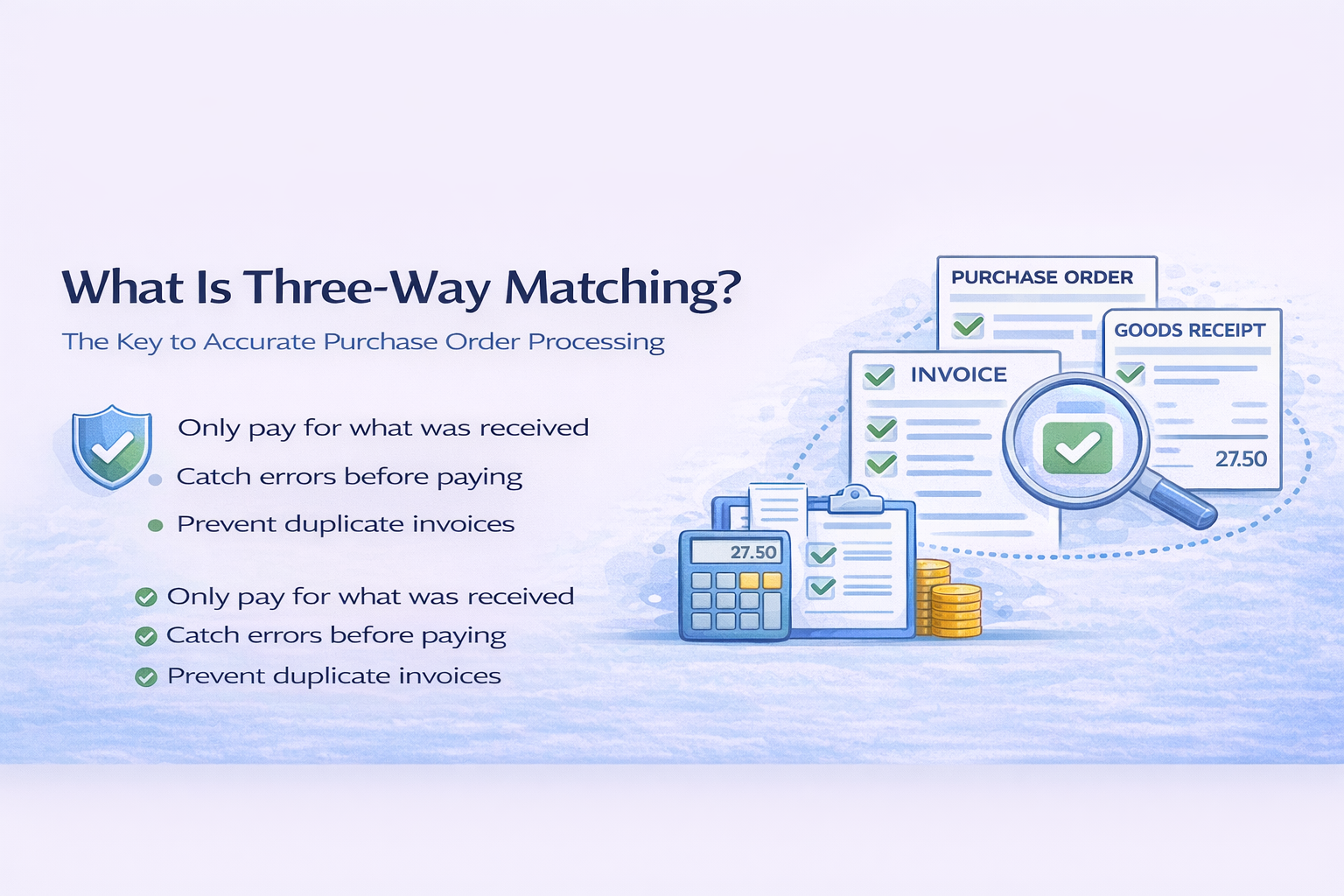
Real-World Implementation: Your Step-by-Step Guide
Step 1: Audit Your Current Financial Processes (Week 1)
Map out how money currently flows through your business:
- How do customers pay you?
- How do you pay suppliers?
- How do you track cash flow?
- How often do you manually enter financial data?
- Which systems hold pieces of your financial picture?
Step 2: Choose Your Open Banking Provider (Week 2)
Consider providers like PayHQ.ai that offer:
- Direct FCA Open Banking license (not just resellers)
- Bespoke development capabilities for custom solutions
- Integration with your existing systems
- Transparent fee structures
- Strong security protocols
- Responsive customer support and ongoing development partnership
Step 3: Start with Payment Processing (Week 3-4)
Begin with your highest-impact, lowest-risk integration:
- Implement account-to-account payment options for customers
- Set up automated invoice generation with embedded payment links
- Connect payment data to your accounting system
Step 4: Expand to Cash Flow Management (Month 2)
Add comprehensive financial visibility:
- Connect all business bank accounts to a unified dashboard
- Set up automated transaction categorisation
- Implement cash flow forecasting tools
- Create automated payment reminders for late invoices
Step 5: Integrate Credit and Lending (Month 3)
Use your connected financial data for better credit access:
- Apply for alternative lending using Open Banking data
- Set up automated credit monitoring
- Explore invoice financing options
- Consider revenue-based funding opportunities
Security: Why Open Banking Is Actually Safer
Regulatory Protection: Open Banking is regulated by the Financial Conduct Authority, with strict security requirements including Strong Customer Authentication and data encryption.
No Credential Sharing: Unlike older account aggregation methods, Open Banking APIs never require sharing your actual banking passwords with third parties.
Granular Permissions: You control exactly what data is shared, with whom, and for how long.
Real-Time Monitoring: All API access is logged and monitored, providing complete transparency about who accesses your data and when.
The Competitive Advantage for Early Adopters
Businesses implementing Open Banking solutions now are gaining significant advantages:
Operational Efficiency: 41% of small businesses who use cloud accounting said it has reduced the administrative burden of paperwork, while cashflow forecasting customers (27%) said it had helped them to understand their businesses better.
Financial Agility: Real-time financial insights enable faster decision-making and better resource allocation.
Customer Experience: Faster, cheaper payment options improve customer satisfaction and reduce payment friction.
Growth Enablement: Better financial data leads to improved credit access, enabling faster scaling.
Common Implementation Challenges and Solutions
Challenge: Unique Business Requirements Solution: Work with licensed providers like PayHQ.ai who can develop bespoke Open Banking solutions rather than forcing your business to adapt to off-the-shelf products.
Challenge: Data Integration Complexity Solution: Use providers with their own Open Banking license who can build unified APIs connecting multiple systems through custom integrations designed for your specific needs.
Challenge: Security Concerns Solution: Work only with directly licensed FCA-regulated providers and understand that Open Banking often offers better security than traditional methods.
Challenge: Staff Training Solution: Start with one application (usually payment processing) and expand gradually as your team becomes comfortable.
Challenge: Choosing the Right Provider Solution: Prioritise licensed providers offering bespoke development capabilities rather than point solutions or reseller arrangements.
Future-Proofing Your Business with Open Finance
Open Banking is expanding into “Open Finance,” which will include:
- Savings and investment accounts
- Insurance products
- Pension data
- Credit card information
- Mortgage details
SMEs that establish Open Banking integrations now will be positioned to take advantage of these expanded capabilities as they become available.
Getting Started: Your Next Actions
This Week:
- Audit your current payment processing costs and identify potential savings
- List all systems that currently handle financial data in your business
- Research FCA-regulated Open Banking providers like PayHQ.ai
Next Month:
- Implement your first Open Banking integration (start with payments)
- Connect your accounting software to your banking data
- Set up automated cash flow monitoring
Quarter 2:
- Expand to full financial ecosystem integration
- Apply for alternative credit using your Open Banking data
- Optimise payment flows based on real performance data
The Bottom Line
Open Banking isn’t just a regulatory requirement—it’s a competitive advantage waiting to be claimed. UK SMEs using these APIs are reducing costs, improving cash flow, and scaling faster than their competitors.
The question isn’t whether Open Banking will transform small business finance—it already has. The question is whether you’ll be among the businesses benefiting from this transformation or watching from the sidelines.
Start simple, start now, and start with a provider that understands SME needs. Your future self will thank you for the efficiency gains, cost savings, and growth opportunities that Open Banking makes possible.
Ready to explore how Open Banking can transform your business operations? As a licensed Open Banking provider, we don’t just implement existing solutions—we build bespoke Open Banking integrations tailored to your specific business needs. We’ve helped numerous SMEs develop custom solutions that perfectly connect their entire financial ecosystem. If you’d like to discuss how our licensed capabilities could create a tailored Open Banking solution for your unique business requirements, let’s start a conversation about your specific challenges and growth objectives.




